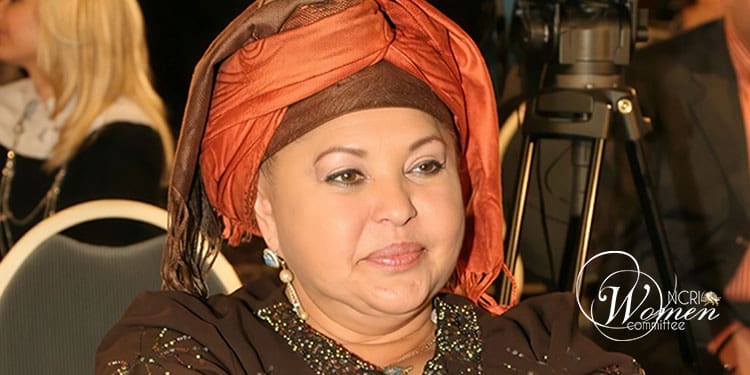Esma Redžepova-Teodosievska, born on August 8, 1943, in Skopje, rose from the heart of the Balkans to become one of the most celebrated Romani singers of the 20th century. Known globally as the “Queen of the Gypsies,” Redžepova captivated audiences across continents with her powerful voice, deeply emotional performances, and vibrant stage presence. Her music, a rich fusion of Romani folk traditions, Macedonian roots, and modern rhythms, carried the soul of a people often silenced by history.
Discovered at a young age by composer Stevo Teodosievski—who would later become her husband and artistic partner—Esma began recording and performing in her teens, quickly gaining fame with songs like “Čhaje Šukarije,” which she wrote at just nine years old. Singing in over ten languages, she became the first woman in Yugoslavia to perform on state television in the Romani language. Over her six-decade career, Esma Redžepova recorded more than 500 songs and gave over 20,000 concerts worldwide, from India to the United States, drawing in royalty, presidents, and ordinary listeners alike.
But Esma was more than a musical icon. With her husband, she fostered 47 children—many from vulnerable or orphaned backgrounds—offering them a home, education, and training through the Ensemble Teodosievski. She performed hundreds of benefit concerts and devoted her life to humanitarian work, championing Roma rights, women’s empowerment, and cultural inclusion. Nominated multiple times for the Nobel Peace Prize, she was awarded the Macedonian Order of Merit and named a National Artist in 2013.
Even in her later years, Esma remained a cultural force. At age 70, she represented Macedonia in the Eurovision Song Contest alongside Vlatko Lozanoski, winning admiration from a new generation. She left behind not just a remarkable discography but also a legacy of compassion, resilience, and pride in Romani identity. When Esma Redžepova died in 2016, she left her home, museum, and all her assets to the Republic of Macedonia, sealing her role not only as an artist but as a national treasure. Her voice lives on—not just in recordings, but in the hearts of those she sang for and the lives she changed.
